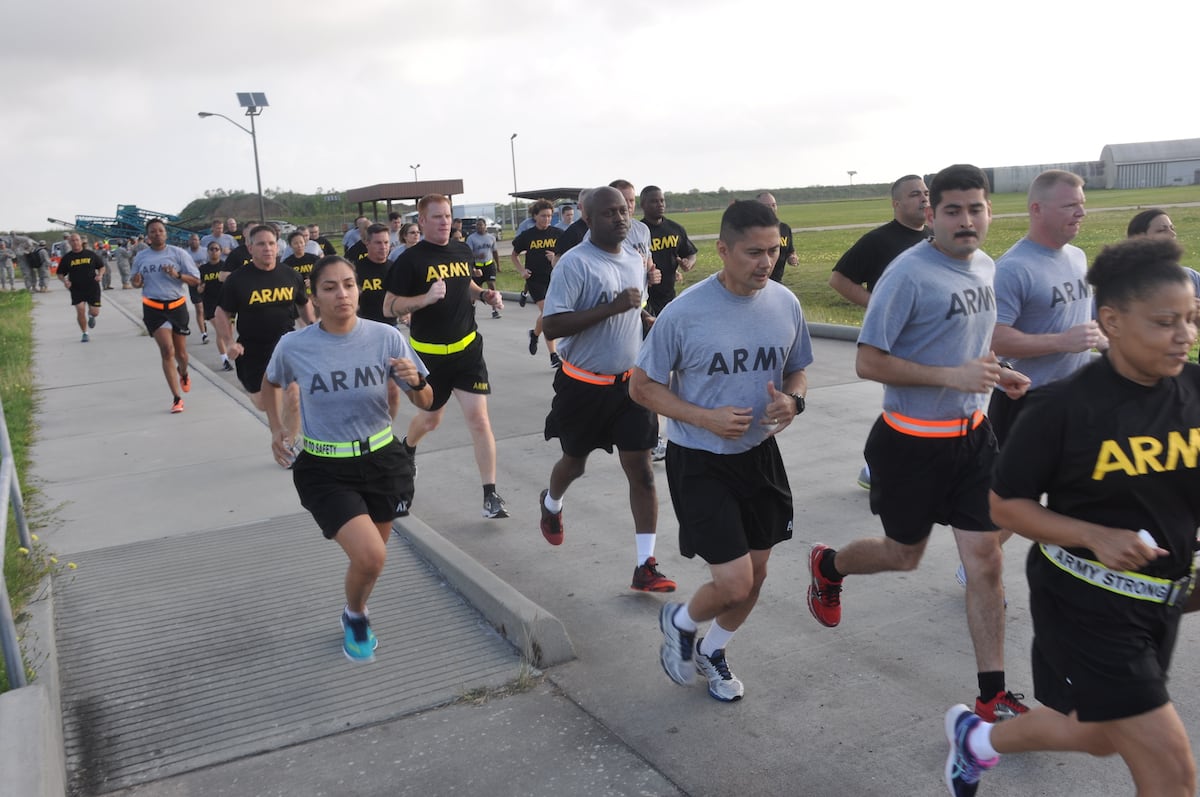More than two-thirds of Guard and Reserve troops are overweight, potentially limiting their readiness and ability to deploy in support of national security, according to a new study released by the American Security Project this week.
“With the diminished size of the [active-duty] force and increasing demands on the National Guard and reserves, service members separated due to obesity and its comorbidities are vital personnel the Armed Forces cannot afford to lose,” researchers wrote in the report.
The study, which calls for new policies to ensure those troops’ health, comes one day after Defense Secretary Pete Hegseth declared during a speech at the Army War College that all military personnel “need to be fit, not fat,” echoing his past demands for more rigorous personnel standards.
The Defense Department’s latest data on obesity in the reserve components dates back to 2018, when 65% of personnel were classified as overweight or obese. ASP researchers now estimate that figure is closer to 68%.
Past studies have shown the highest rates of weight problems are among Army National Guard members, with about 21% of personnel meeting the definition for obesity.
“These service members experience heightened risk for a wide variety of serious health conditions, such as type 2 diabetes, cardiovascular disease, chronic kidney disease, and osteoarthritis, which may lead to life-threatening health events such as stroke and heart failure,” the report states.
Past studies from ASP have shown roughly the same level of obesity among members of the active-duty force. But officials noted that dealing with the problem for the different components will require different approaches.
“Although the reserve component’s obesity- challenges are similar to those in the active component, commanders and policymakers will not be able to combat these trends with a uniform approach,” researchers wrote.
“As most National Guard and reserve personnel serve part-time, there are a number of unique logistical and lifestyle challenges to consider when crafting policy to prevent and treat obesity in the reserve component.”
To address the problem, ASP leaders recommended further research and tracking of obesity rates in the reserve forces, as well as providing some level of medical insurance to all reserve troops to help address the health issues.
They also noted that improvements in the military’s electronic health records should assist in monitoring those weight issues among reservists, even if they don’t report to command as frequently as their active-duty peers.
Hegseth and other defense leaders are conducting a review of military enlistment and retention standards to ensure force readiness, although that work has focused more on gender equity in requirements than general weight issues.
Leo covers Congress, Veterans Affairs and the White House for Military Times. He has covered Washington, D.C. since 2004, focusing on military personnel and veterans policies. His work has earned numerous honors, including a 2009 Polk award, a 2010 National Headliner Award, the IAVA Leadership in Journalism award and the VFW News Media award.
Read the full article here



